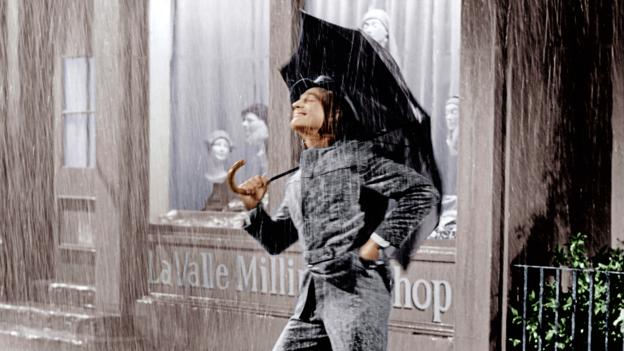Millions of people around the world affected by the coronavirus pandemic are in country-wide lockdowns, self-isolation, or are practicing social-distancing, but cinematic help is at hand. Films have always allowed audiences to escape their problems for an hour or two: no art form is better at transporting us to a more enchanting and consoling reality than our own. We’ve picked some of the best films in this regard, which are available to watch at home, dividing these comfort-viewing classics into 10 key categories. A blanket and a bucket of cookie dough ice cream are optional, but recommended.
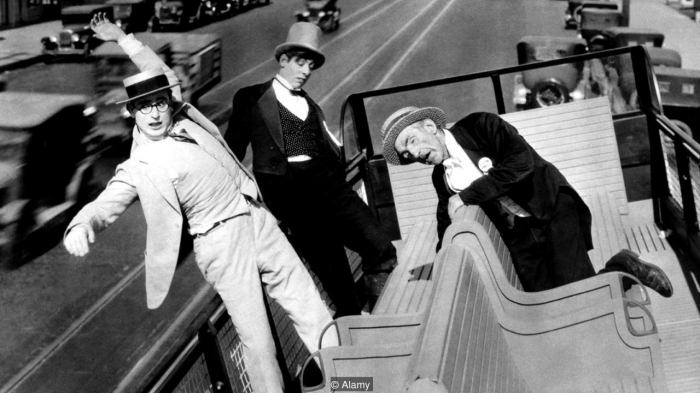
If you want to be footloose and fancy-free
In times of trouble, it can be oddly uplifting to see people with no troubles at all. One example would be J Harold Manners, the blithe millionaire played by Harold Lloyd in For Heaven’s Sake (1926). While the other great silent comics’ characters are often buffeted by crime and hardship, Lloyd’s trademark persona is breezily positive, and never more so than when Manners floats through this buoyant Sam Taylor comedy, writing cheques without hesitation whether he needs to buy a car or establish a mission for the poor. Another example would be Henry Fonda’s Charles Pike in The Lady Eve (1941), a brewery heir with nothing to worry about except being pursued by Barbara Stanwyck’s gold-digging dame. But the definitive footloose and fancy-free movie idols must be Fred Astaire and Ginger Rogers, who gave Depression-era audiences a glittery glimpse of high society in Top Hat (1935) and Carefree (1938).
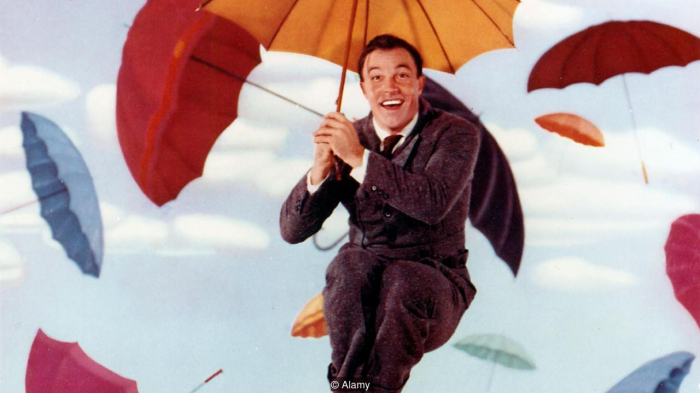
If you want to sing along
While it may not have been medically proven that it is impossible to get through Fit as a Fiddle, Make ‘em Laugh, Moses Supposes or Good Morning without cheering up, it’s certainly very likely, so you should watch the film which boasts those dazzling song and dance routines at least once a day for the next few weeks. Singin’ in the Rain (1952), starring Gene Kelly, Debbie Reynolds and Donald O’Connor, is the most acclaimed of all Hollywood musicals, an exuberant, brightly-coloured comedy about the bumpy transition from silent cinema to the talkies. But, actually, almost any good musical should have enough energetic fun to lift the spirits, from Easter Parade (1948) and The Band Wagon (1953) to The Blues Brothers (1980) and Little Shop of Horrors (1986).
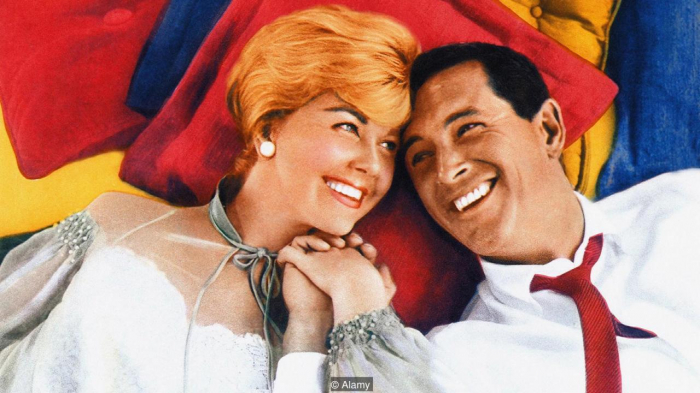
If you want to fall in love
A film so comforting that it has an item of soft furnishing in its title, Pillow Talk (1959) stars Doris Day as a career woman who can’t stand her playboy neighbour (Rock Hudson) who hogs their shared phone line. Why is it such a pleasure? One reason is that the most tense dramatic question is whether its devastatingly attractive heroine and hero will get together (of course they will), while the characters boast such aspirational lifestyles in the meantime. The best romantic comedies let you imagine that you, too, could wear those clothes, lounge around in those apartments, and have that flirtatious badinage in those metropolitan nightclubs and restaurants, so snuggle up with Doris and Rock – or, if you prefer, Hugh and Andie in Four Weddings and a Funeral (1994) or Billy and Meg in When Harry Met Sally (1989).
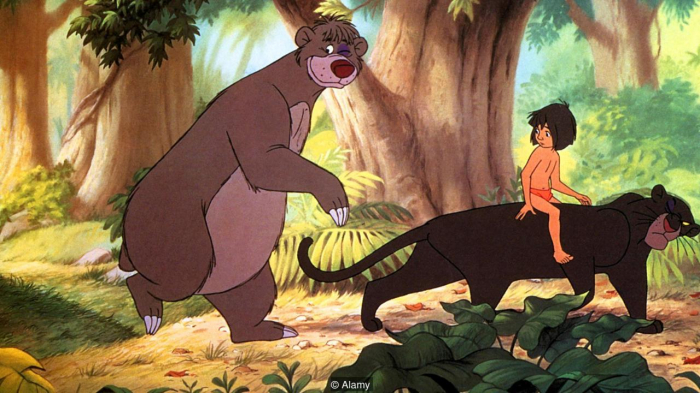
If you want some tender loving care
Sometimes we all feel as if we’re children in need of some grown-up support, and who better to provide it than Baloo the Bear and Bagheera the Panther in The Jungle Book (1967)? Faithful foster parents, they risk their lives to keep Mowgli safe, even though they know that he, like all children, is destined to leave them behind. The swinging songs and jaunty animation add to the film’s sizeable feelgood factor. But if you’d rather have a human being to keep an eye on you, try the practically perfect nanny in Mary Poppins (1964), Jason Statham’s jaw-breaking child-minder in Safe (2012), or Mr Lopez, the wise, patient and nurturing rural teacher in Nicolas Philibert’s heart-melting documentary, Être et Avoir (To Be and to Have) (2002).
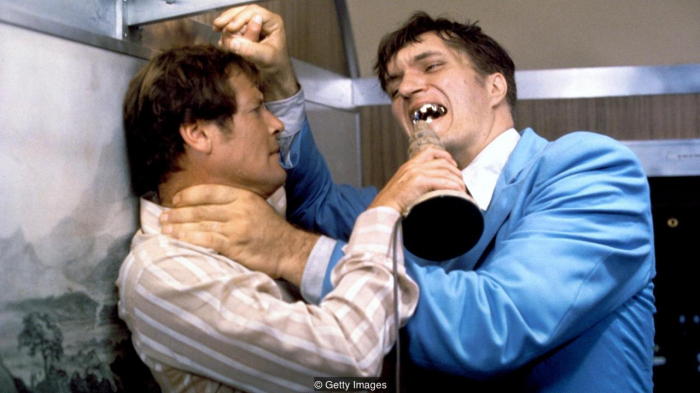
If you want someone to save the world
Bond movies are intrinsically comforting to Brits of a certain age because they bring back memories of flopping in front of the television on Christmas day. But you don’t have to be British to feel soothed by a supremely competent and confident champion trouncing evil and cracking one-liners while he’s at it. The Spy Who Loved Me (1977) is the Bond movie with the perfect balance of believable danger and self-parodic escapism: as pleasing as it is when 007 gets the job done, you never seriously doubt that he will. Not a Bond fan? Choose your favourite action hero, whether it’s John McClane in Die Hard (1988), Indiana Jones in Raiders of the Lost Ark (1981), or Superman in Superman: The Movie (1978), a paragon who can literally turn back time to happier days.
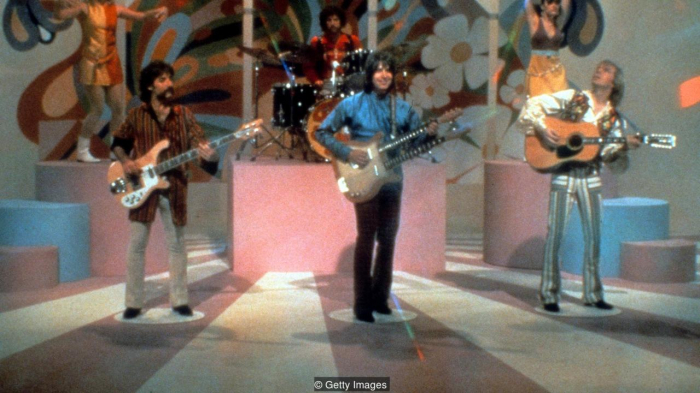
If you want to see the funny side
Comedies can be trenchant critiques of social injustice and human frailty. But look – let’s forget about all that for the moment. What we need now is the best medicine, as spooned out by films which are devoted to one thing and one thing only: making us laugh. One of the finest is This is Spinal Tap (1984), Rob Reiner’s pitch-perfect mock-rock-documentary about a hapless heavy metal band played by three genius improvisers, and half-decent musicians, Christopher Guest, Michael McKean and Harry Shearer. Yes, you can probably quote most of the lines already, but that’s partly why it’s so comforting to re-watch. Other films which turn the humour up to 11 are Duck Soup (1933), The Return of the Pink Panther (1975), The Jerk (1979), Airplane! (1980), Borat (2006), What We Do In The Shadows (2014) and Penguins of Madagascar (2014).
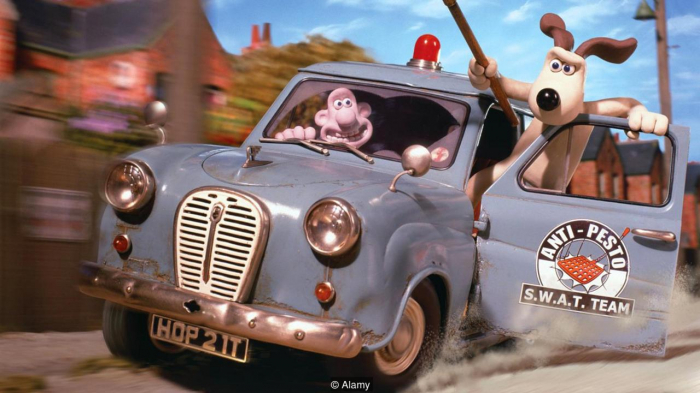
If you want more cheese, Gromit
What is it about Aardman’s stop-motion films which is so comforting? The nostalgic vision of a quaint, cheese-obsessed Britain? The shameless silliness and relentless puns? The enormous toothy grins? Or the knowledge that, even when the characters are in peril, they are, let’s face it, made of clay? Maybe it comes down to the bliss of relishing a work of art which has been so lovingly and painstakingly handcrafted. Whatever the answer, Wallace & Gromit in Curse of the Were-Rabbit (2005) has all of the ingredients above, complemented by Peter Sallis’s beatific voice and some marvellous gadgetry, making it a delight from start to finish. Aficionados of Studio Ghibli, the Japanese animators, would argue that their cartoons are similarly quirky and joyous, but if you’re sticking with Aardman you can gorge on Chicken Run (2000), The Pirates! In An Adventure With Scientists! (2012), Early Man (2018), and A Shaun the Sheep Movie: Farmageddon (2019).
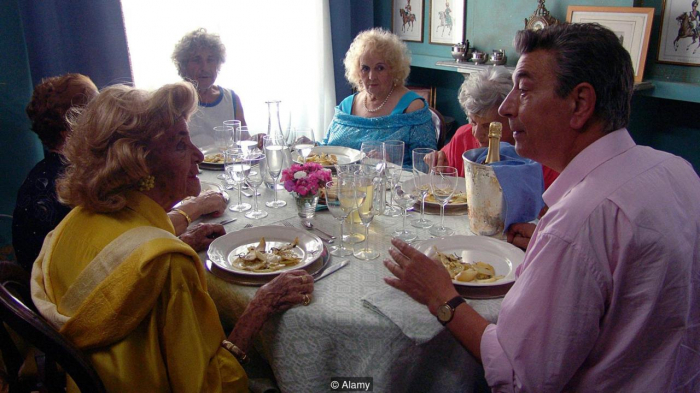
If you want to join a community
The screenwriter of Gomorrah, Gianni Di Gregorio, went on to write, direct and star in Mid-August Lunch (2008), a gently charming comedy about a hangdog 60-something who has to tend to his mother and three other elderly women in his small flat when everyone else has left Rome for the Ferragosto holiday. As light and slight as the film is, at just 75 minutes long, it’s a vital reminder of how important it is to care for the older generation – and how important it is to nip down the street for a glass of wine with a friend. In short, it’s about belonging to a neighbourhood. For further evidence that it’s invaluable to be part of a local community, see It’s a Wonderful Life (1946), Amélie (2001), Peter Cattaneo’s The Full Monty (1997) and the Jane Austen adaptation of your choice. And, of course, you can savour the sight of Paddington’s neighbours standing up for him against Mr Curry in Paddington 2 (2017).
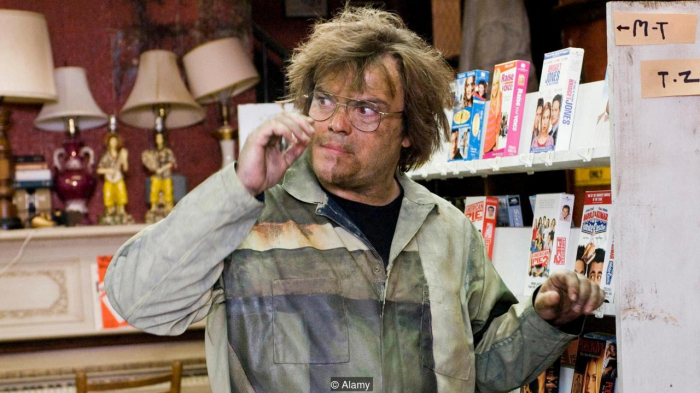
If you want to be reassured that films really are comforting
Michel Gondry’s Be Kind Rewind (2008) is a ramshackle comedy about two friends (Jack Black and Mos Def) who accidentally erase every VHS tape in a video rental shop, and then try to hide their blunder by shooting their own amateur versions of Ghostbusters, When We Were Kings, 2001: A Space Odyssey and more. What could have been a gimmicky, one-joke caper becomes a wistful tribute to independent shops, pre-gentrified streets and the satisfaction of working in a group. Ultimately, though, Be Kind Rewind is a tear-jerking evocation of the communal magic of sitting in a crowd and watching a film on a big screen – a magic many are currently denied. Preston Sturges’ Sullivan’s Travels (1941) and Giuseppe Tornatore’s Cinema Paradiso (1988) celebrate the same thing.

If you want to see light at the end of the tunnel
At the start of Pixar’s Wall-E (2008), Earth is a wasteland piled high with rubbish, and its lone inhabitant is a rusting robot. By the end, the human race has returned from its star cruisers, and crops are growing again. Good to know.
BBC Culture
More about: movies








